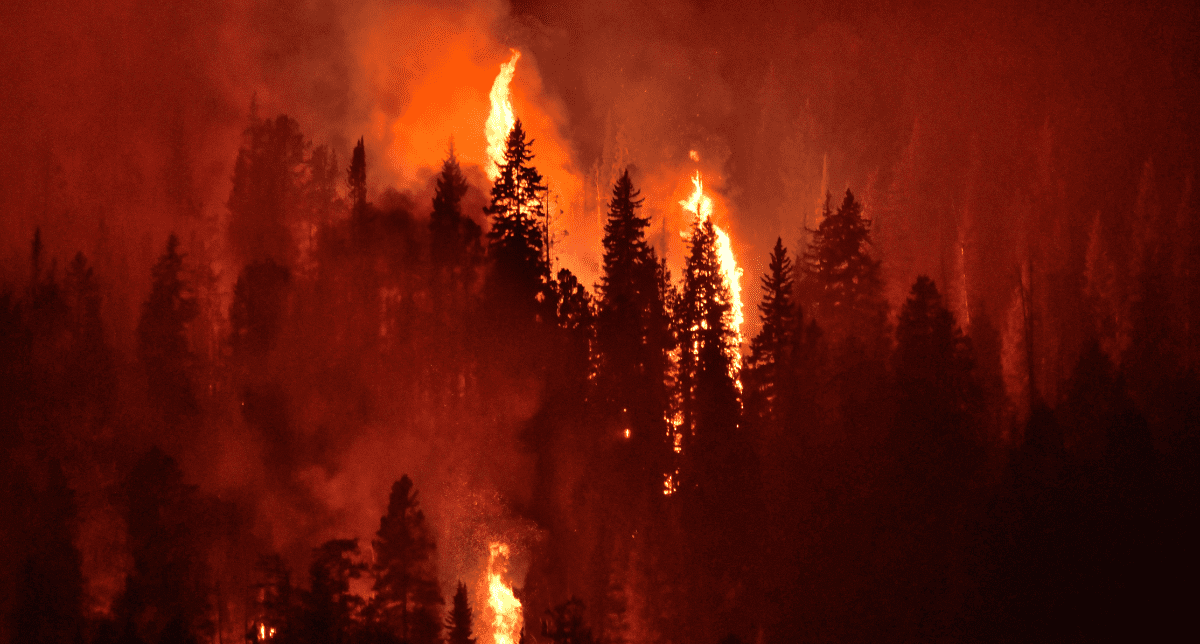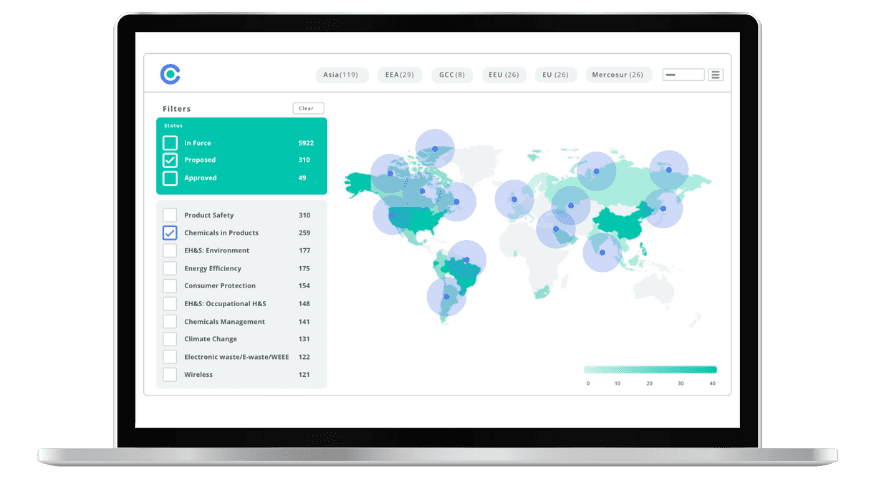
Are the California Climate Disclosure Rules Going up in Flames?

This blog was originally posted on 10th January, 2025. Further regulatory developments may have occurred after publication. To keep up-to-date with the latest compliance news, sign up to our newsletter.
AUTHORED BY JOANNE O’DONNELL, HEAD OF GLOBAL REGULATORY COMPLIANCE TEAM, COMPLIANCE & RISKS
Like everyone, I am both horrified and saddened at the images on TV of the wildfires in Los Angeles these past few days. The scenes are truly apocalyptic and demonstrate yet again the catastrophic effects that climate change is having on communities, regardless of race, wealth, age, religion or gender. Unlike many other US states, California has enacted several climate related laws that are considered as being among the most comprehensive climate disclosure requirements in the United States. However, recent developments have led some commentators to suggest that these laws lack real teeth – and whilst the fires continue to rage in that state, the burning question remains as whether or not these types of laws will have any positive impact on the climate disasters that seem to be on the increase in the Golden State?
In October 2023, California Governor Gavin Newsom signed three climate disclosure laws. SB 253 (Climate Corporate Data Accountability) and SB 261 (Climate-Related Financial Risk Reporting,) – as amended by SB 219 – apply to US businesses that meet specific revenue thresholds and that do business in California whilst AB 1305 (Voluntary Carbon Market Disclosures) applies to both US and international companies that carry out certain specified activities in California or make certain claims.
On 5 December, the California Air Resources Board (CARB), the agency responsible for implementation of the climate disclosure rules, issued an Enforcement Notice discussing its enforcement SB 253’s first climate reporting cycle (currently effective from 2026). In that notice, CARB announced that it will not take enforcement action for incomplete reporting for the first SB 253 reporting cycle provided that companies can demonstrate ‘good faith’ efforts to comply with the requirements of the rules – a move that has been criticised by many as a watering down of the enforcement mechanism of the rules. Details are regards the reporting requirements for subsequent reporting cycles under SB 253 must be provided in due course by CARB by 1 July 2025.
A few days later, CARB launched a public consultation for feedback on implementation of the rules with regard to several areas including the scope of the phrase “doing business in California.” The deadline for comments for this consultation is 14 February.
In addition, enforcement of these rules is also hampered by ongoing legal challenges to these laws which are underway. We are keeping a watchful eye on how these legal challenges progress here at Compliance & Risks and will report on these developments as they arise.
Whilst legislation aimed at enhancing transparency about the risks posed by climate change and requiring companies to disclose their greenhouse gas emissions, climate-related risks, and strategies for mitigating these risks is little consolation to the families of those who have lost their lives as a result of the current wildfires and to the 180,000 people who have been evacuated, could these laws have any positive impact on these types of climate disasters in the future?
1. Enhanced Awareness of Wildfire Risks
Risk Identification: Businesses operating in wildfire-prone areas could be required to assess and disclose wildfire-related risks as part of their climate risk assessments. This could potentially encourage companies to invest in wildfire mitigation strategies, such as improved land management practices or fireproofing infrastructure.
2. Pressure on High-Emission Sectors
Emission Reduction: Wildfires contribute significantly to carbon emissions. By requiring disclosures of emissions, the rules could potentially push companies to reduce activities that exacerbate fire risks, such as deforestation or activities leading to dry vegetation.
3. Community-Level Impacts
Public Awareness: Greater disclosure can inform communities about localized wildfire risks, empowering them to advocate for better mitigation and emergency response measures. Governments and NGOs could therefore use this data to allocate resources effectively for wildfire prevention and response.
In Summary
California’s climate disclosure laws are significant and create new obligations for large companies doing business in that State. Whilst the rules may indirectly help reduce the risk and impact of wildfires in the future, particularly if they are successful in promoting mitigation, adaptation, and resilience strategies, their effectiveness is very much dependent on proper enforcement and complementary actions by governments, communities, and other stakeholders.
Of course legislation alone cannot prevent wildfires but climate rules that contain actionable and measurable obligations that are properly enforced could significantly mitigate human-driven factors that exacerbate wildfire frequency, intensity, and spread. In the meantime, we send our thoughts and best wishes to all of those affected by these horrific fires, particularly the many wonderful Los Angeles-based customers of Compliance & Risks.
Stay Ahead Of Regulatory Changes in Climate Disclosure Rules
Want to stay ahead of regulatory developments like California’s Climate Disclosure Rules?
Accelerate your ability to achieve, maintain & expand market access for all products in global markets with C2P – Your key to unlocking market access, trusted by more than 300 of the world’s leading brands.
C2P is an enterprise SaaS platform providing everything you need in one place to achieve your business objectives by proving compliance in over 195 countries.
C2P is purpose-built to be tailored to your specific needs with comprehensive capabilities that enable enterprise-wide management of regulations, standards, requirements and evidence.
Add-on packages help accelerate market access through use-case-specific solutions, global regulatory content, a global team of subject matter experts and professional services.
- Accelerate time-to-market for products
- Reduce non-compliance risks that impact your ability to meet business goals and cause reputational damage
- Enable business continuity by digitizing your compliance process and building corporate memory
- Improve efficiency and enable your team to focus on business critical initiatives rather than manual tasks
- Save time with access to Compliance & Risks’ extensive Knowledge Partner network

Supply Chain Due Diligence: An Overview of Key Developments in the EU in 2024 and Areas to Watch in 2025
Get an overview of key regulatory developments in supply chain due diligence in the EU in 2024, and what is coming down the line in 2025.


